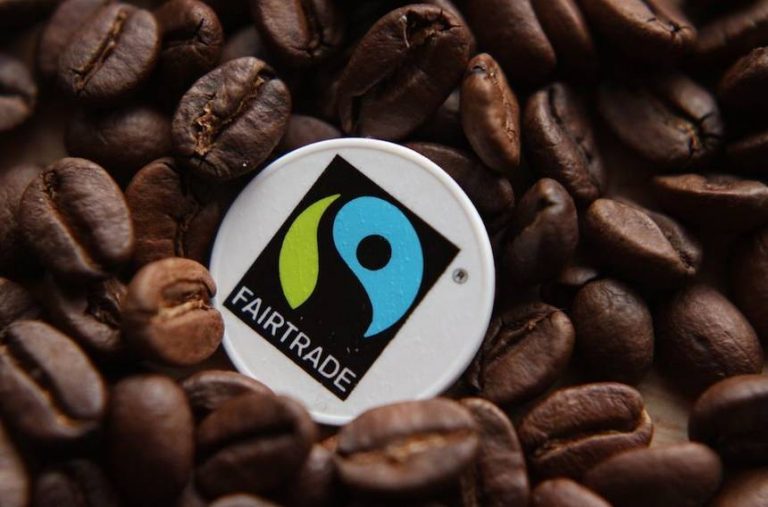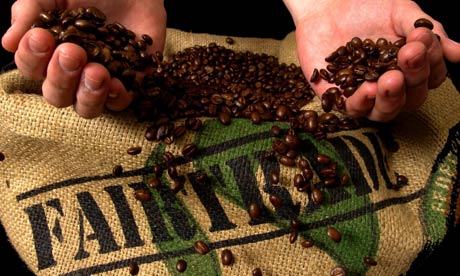
It is a coffee certified by fair trade organizations that have been produced according to fair trade standards, which create trade associations based on dialogue, transparency and respect, with the aim of achieving greater equity in international trade. These associations contribute to sustainable development by offering better commercial conditions to coffee bean producers.
Fair trade coffee history
Fair trade certification was introduced in 1988 after a coffee crisis in which the supply of coffee was greater than the demand; As the International Coffee Law had not implemented price quotas again, the market was flooded. Launched in the Netherlands, fair trade certification aimed to artificially increase coffee prices to guarantee producers sufficient wages to make a profit. The organization’s original name was “Max Havelaar”, after a fictional Dutch character who opposed the exploitation of coffee growers by Dutch colonialists in the East Indies. The organization created a label for products that met certain salary standards.
Quotas continued to be part of the agreement until 1989, when the organization was unable to negotiate a new agreement in time for next year. It was decided to extend the 1983 agreement, but without the quotas because they had not yet been determined. A new agreement could not be negotiated until 1992.
From 1990 to 1992, without established quotas, coffee prices reached an all-time low because the quotas for coffee prices could not be decided.
The 2001 and 2007 agreements aimed to stabilize the coffee economy by promoting coffee consumption, raising the standard of living of producers by providing economic advice, expanding research to include quality and market niches related to the geographical area, and conducting sustainability studies, similar principles. to fair trade.

Certification and Competition Scheme

The certification scheme is in charge of Fairtrade International (FLO). Fairtrade has become the most dominant Fair Trade label and this has attracted many competitors who challenge its monopoly as an ethical label. Various competitor labels have been created using different certification schemes. NGOs and non-profit organizations are the main threats causing a huge headache to the regulatory authorities of Fairtrade International (FLO). Labels such as (Bird-friendly coffee) promoting practices that help protect the habitat of migratory birds, (the US NGO Rainforest Alliance) its mission is to protect ecosystems and preserve biodiversity and the sustainability of production modes and ( UTZ Certified) is another competitor that focuses on improving efficiency and market access for producers. However, most of these organizations are criticized for not guaranteeing the minimum price, for not providing pre-financing facilities, for favoring plantations at the expense of family farms. The best idea about the certification scheme and its competitors is that everyone has an innovation logic constantly trying to innovate rather than just generate income, but proactively meet the changing needs of different goals with different ambitions.
Coffee packers pay a fee to Fairtrade for the right to use the Fairtrade logo, guaranteeing consumers that coffee meets Fairtrade criteria. Coffee with this certification mark must be produced by farmers and cooperatives that meet these criteria.
